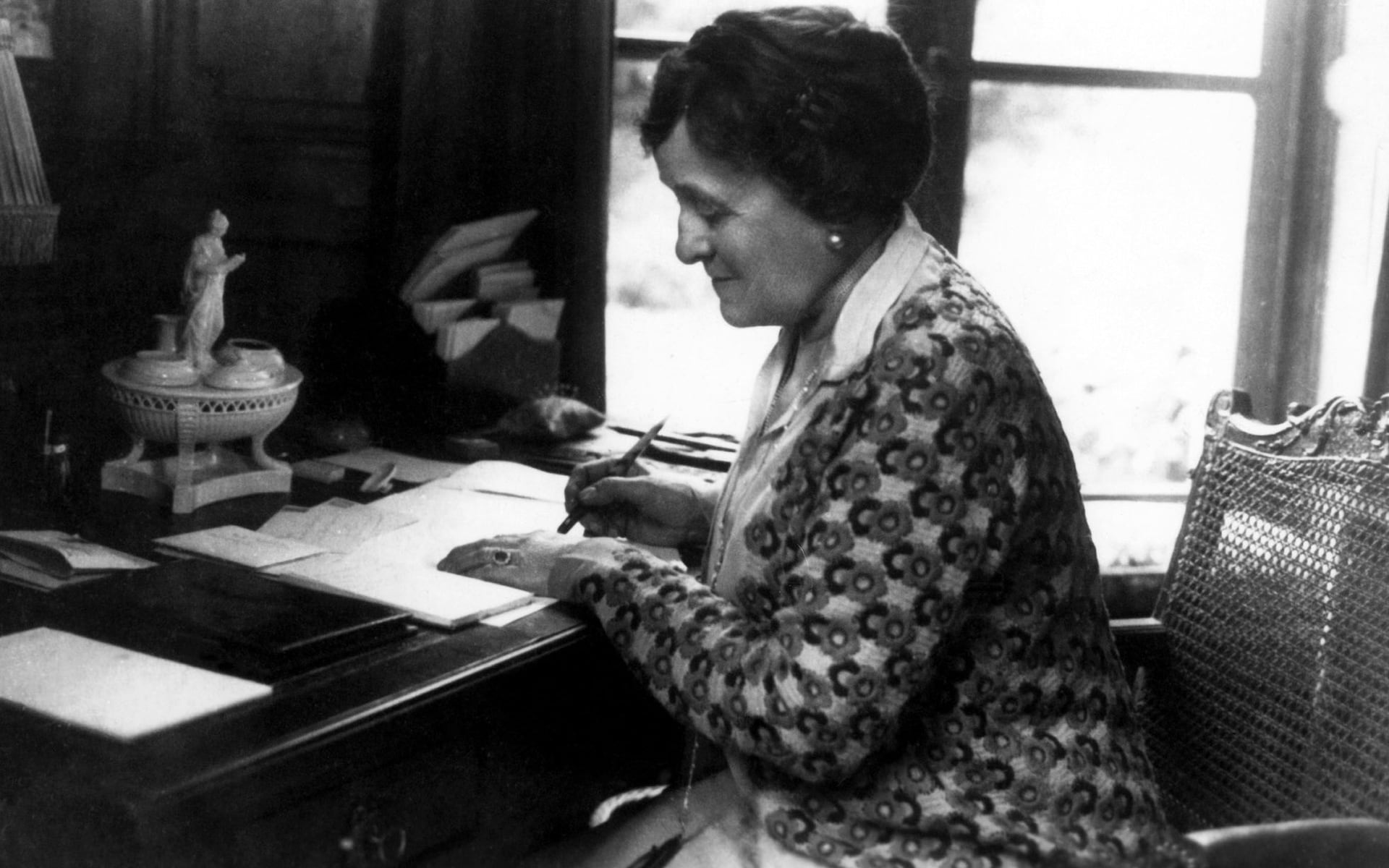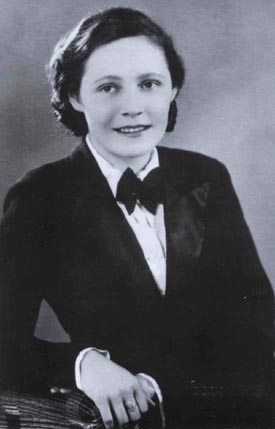
Marguerite Durand (born January 24, 1864) – French feminist, founder of the first feminist newspaper, La Fronde (The Slingshot)
Read about La Fronde in the Slip Into SomethingVictorian blog
Read (in French) about Marguerite Durand and one of La Fronde's famous reporters, Séverine
http://www.antebiel.com/fortunajuvat/Pages/Severine.html
(rough translation of an excerpt from the above link:)
The founder of La Fronde, Marguerite Durand -- who was nicknamed 'The Muse of Boulangism" when Séverine met her-- was born on the 24th of January 1864. An illegitimate child, like George Sand, Flora Tristan (1804-1844), and Louise Michel (1830-1905), Durand studied at the Convent of the Sisters of the Trinity, and subsequently became an actress with the Comédie Française, where she played ingenues. Later she married Laguerre, the brilliant deputy and partisan of General Boulanger. 'The Muse of Boulangism' published several articles in the newspaper owned by her husband, La Presse, and then she joined the newspaper Le Figaro, where she wrote under the name "Courier."
A special envoy to the International Women's Congress in 1896, where the attendees were expected to "make a ruckus," she was inspired to launch a great "serious" newspaper (which she financed with her pearl necklace) that was edited and run entirely by women. La Fronde was published between 1897 and 1905, with the collaboration of Severine (who wrote the column "Rebellious Notes"), Marcelle Tinayre, Pauline Kergomard, Lucie Delarue-Mardrus, Andrée Viollis, Clémence Royer (translator of the works of Darwin into French and the first woman to teach a class -- in Philosophy -- at the Sorbonne); and many others.
Marguerite Durand wrote: "La Fronde was a newspaper like other newspapers ... not for amusement! One found there material for discussion, not for jokes. It was soon known as "The Petticoat Times." This criticism was the only compliment it could aspire to. To be taken seriously and be counted from the beginning, among the major newspapers, was an unexpected success."

Edith Wharton (born January 24, 1862) – U.S. novelist – The Age of Innocence (1921 Pulitzer prize winner)
Read a review of Hermione Lee's biography of Edith Wharton
Wharton perhaps suffers because her most famous friendship was with Henry James. James – and his disciples, on his behalf – envied Wharton's wealth. But Henry James, though often enjoyably malicious about his friends, was never blind to their virtues. Edith might at times be 'difficult', as he wrote to a new mutual friend, 'but you will never find her stupid, and you will never find her mean'. James would never plumb the true depths of her generosity. When he was disabled by depression, Wharton suspected that it might be triggered by the financial worries. She transferred $8,000 to his publishers, ordering that it should be passed on to James under the guise of a large advance. In the war, her generosity, of spirit as well as of money, was truly heroic.

Vítězslava Kaprálová (born January 24, 1915) – Czechoslovakian composer – April Preludes (1937)
Listen to classical pianist Daniela Hlinkova perform Kapralova's
April Preludes
Read about Kapralova's songs in this article
Visit the Kapralova Society website for more information about Vítězslava Kaprálová